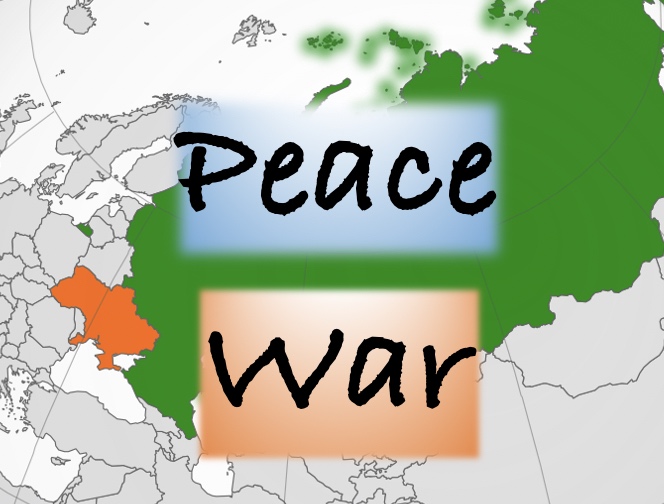Is any person indispensable? The answer is no. But individuals tend to cling to power and position. And we tend to project our hopes and dreams onto our heroes. This is natural. But the result is unenlightened and undemocratic.
Wisdom teaches that we are all mortal, fallible and replaceable. And the “great man” view of the world tends toward authoritarianism. In democracies, “We, the people” are in charge, not any individual. Hero worship turns mere mortals into idols. And often we are stuck with our champions, unable to free ourselves from their grip on power.
This leads to suboptimal outcomes. For example, the 2024 presidential race will likely see a rematch of Trump v. Biden. This is not very exciting. Each is flawed. Each is replaceable. But our political system fixates on individuals, allowing faded heroes to cling to power.
Related examples include the question of California’s senior senator, Diane Feinstein, and her age, and the ethics scandals plaguing Justice Clarence Thomas. Thomas and Feinstein are not indispensable. The country would be better off if they would resign. Talented others are waiting in the wings.
But Supreme Court justices have lifetime tenure. And in the U.S. Senate, there is de facto lifetime tenure. There are reasons for tenure. But tenure works best when the tenured folks are wise and virtuous, and do not cling to power.
A rule of physics says an object in motion will stay in motion, unless acted upon by some external force. A similar rule appears to be true of society. Social inertia means that a person in power will tend to stay in power, until someone pushes them out.
This is also true in entertainment and the news media. That’s why it was surprising when Tucker Carlson and Don Lemon were canned. We get used to familiar voices droning on the TV. They become part of the furniture, until something shoves them out of the room.
Once someone gets a foot in the door, they mostly never go away. Those insiders keep getting gigs because the marketing teams prefer predictable has-beens, rather than the risk of investing in new talent. Social inertia means we stick with the devil we know, as that old saying goes.
And let’s face it, true genius is exceedingly rare. For every Mozart, Shakespeare or Lincoln there are thousands of wannabes. Most of us are mediocre. And the individuals in power are mostly schmoes like us. We are, all of us, functionaries of larger systems. We got our jobs because of the luck of being in the right place at the right time. And we stick around because of the inertia of social life.
That doesn’t mean that the mediocre masses are not useful worker bees. But we are, for the most part, replaceable. The same is true of the powerful schmoes who run the world.
Maybe it is our own mediocrity that causes us to fall in love with heroes and worship them. We long to rise above the crowd. And so, we project our dreams onto those who seem superior. But love is a dangerous emotion, especially in politics.
In the 19th century, hero worship was rationalized. Thomas Carlyle gave us the great man theory of history and politics. He suggested that the history of the world is the biography of great men. One version of this idea holds that certain exceptional individuals have charisma, talent, and genius which they use to influence the course of history. A related theory offered by Hegel holds that some “world-historical individuals” embody the “spirit of the age.”
But this view of history is undemocratic and authoritarian. Every human hero has feet of clay and an expiration date. When the great man of the moment is finally shoved aside, the masses will move on and we will find new icons to attach our dreams to.
This may be a deflating way to look at the world. But it is also liberating. It should free up the parties and the corporations to take risks and encourage new talent. It’s true that there are few geniuses. But each of us has the capacity to contribute something. And there are new heroes waiting to rise to the occasion, if they are only given the chance.
Read more at: https://www.fresnobee.com/opinion/readers-opinion/article274808881.html#storylink=cpy



